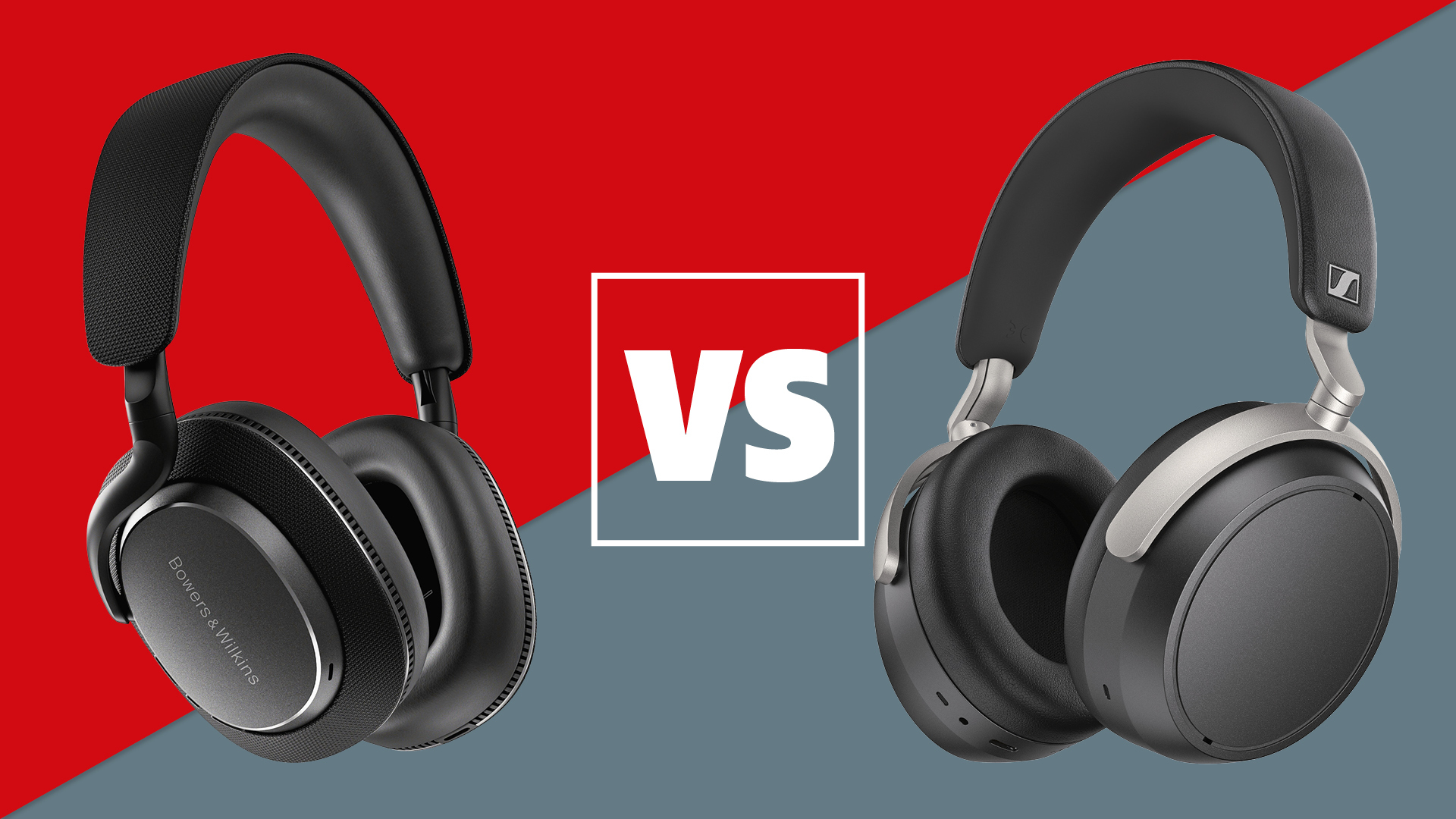Audiolab's two new DACs aim to follow in the footsteps of the legendary M-DAC
Meet the D7 and D9
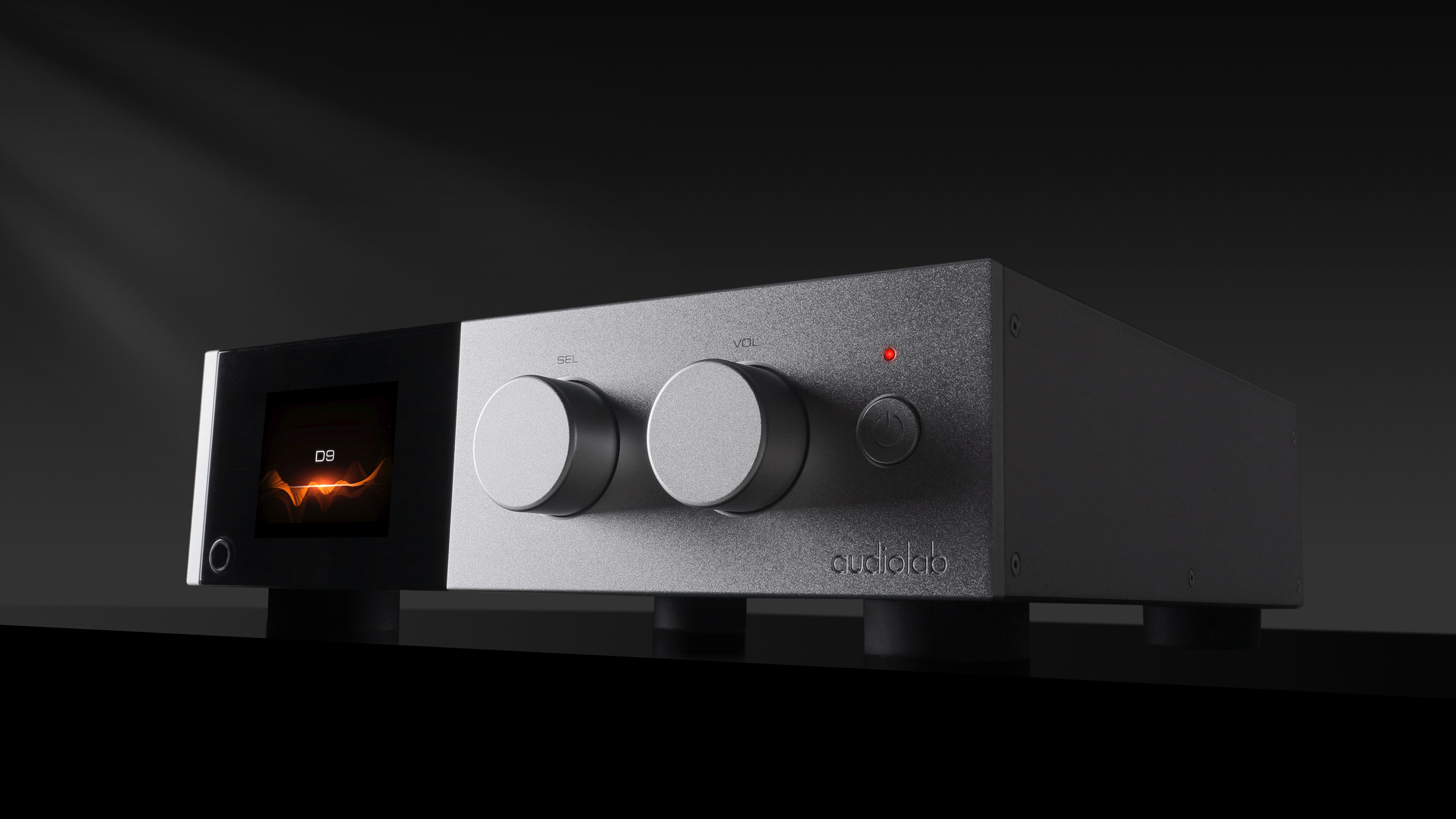
The original Audiolab M-DAC launched back in 2011, and soon picked up a slew of What Hi-Fi? Awards and remains fondly remembered by the review team. It was followed by the M-DAC+ in 2016, which also earned five stars. And now Audiolab has launched two new DACs that are direct descendants of the OG M-DAC: meet the D7 and D9.
Hailed as the next generation of Audiolab standalone DACs, they are said to build upon the same blueprint as the M-DAC, but honed over several generations of technical development.
Excited? We certainly are.
D7: a compact DAC with plenty to like
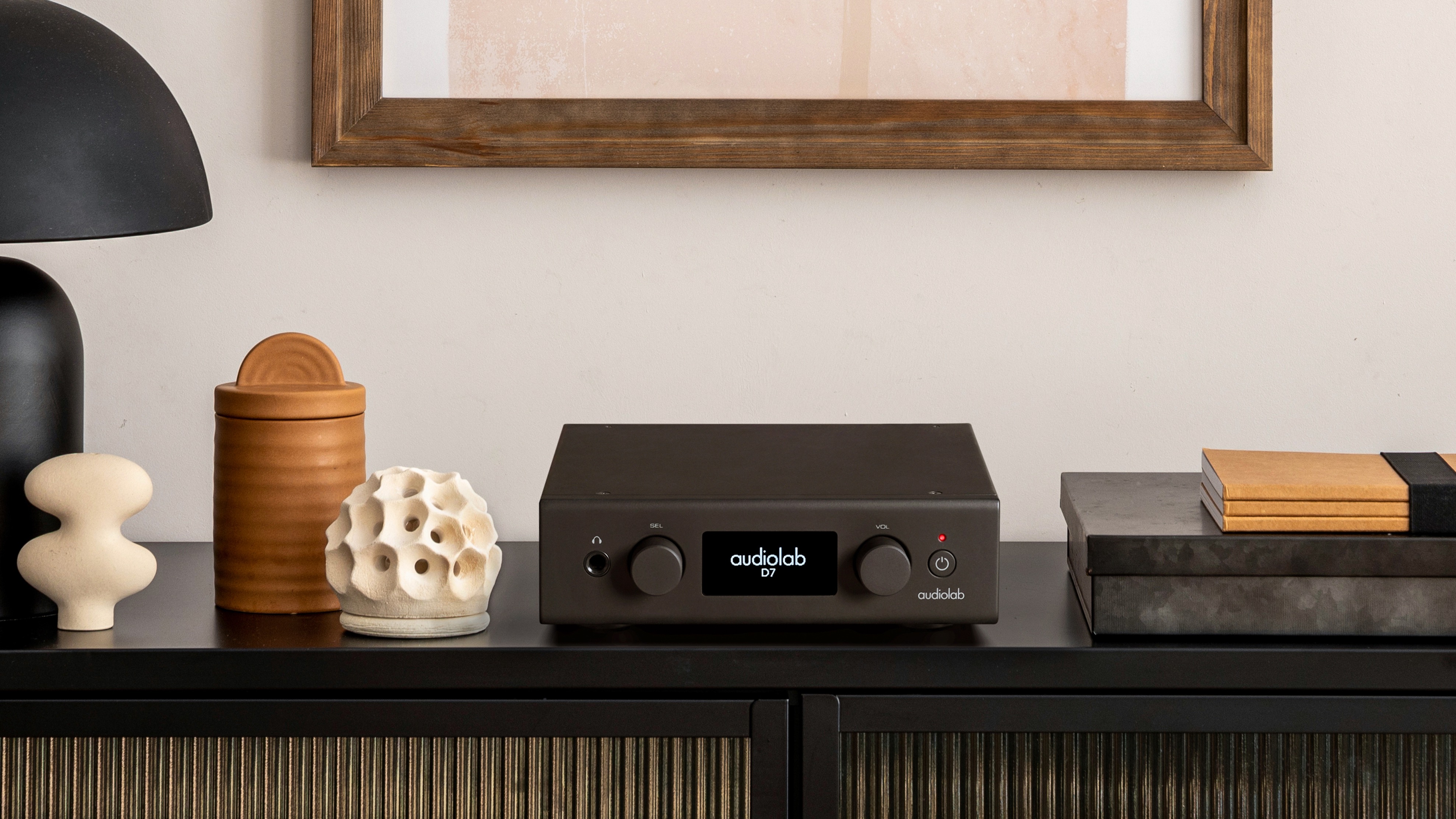
The Audiolab D7 is the cheaper of the two. It's a fair bit smaller than the D9, but combines DAC, preamplifier and headphone amp functionality.
It is built around the ES9038Q2M – the same 32-bit Sabre DAC chip also found in Audiolab’s 7000A and 6000A MkII integrated amplifiers. Audiolab has been using ESS Technology's chips since the original M-DAC, and claims to have more experience of implementing these tricky-to-incorporate components than any other manufacturer.
Audiolab claims its proprietary circuitry makes the most of ESS Technology’s HyperStream II architecture and Time Domain Jitter Eliminator, resulting in ultra-low noise and a high dynamic range. Audiolab also uses its own clock and power supply circuitry, alongside a Class A post-DAC active filter.
In terms of hi-res audio, the D7 can handle PCM files up to 32-bit/768kHz and up to DSD512 over USB. It's compatible with MQA and is certified as Roon Tested.
The latest hi-fi, home cinema and tech news, reviews, buying advice and deals, direct to your inbox.
You can connect PCs, Macs and other devices using the USB Type B ports, and USB drives using the USB Type A. You also get four digital inputs – two optical and two coaxial – and Bluetooth with support for the aptX HD codec.
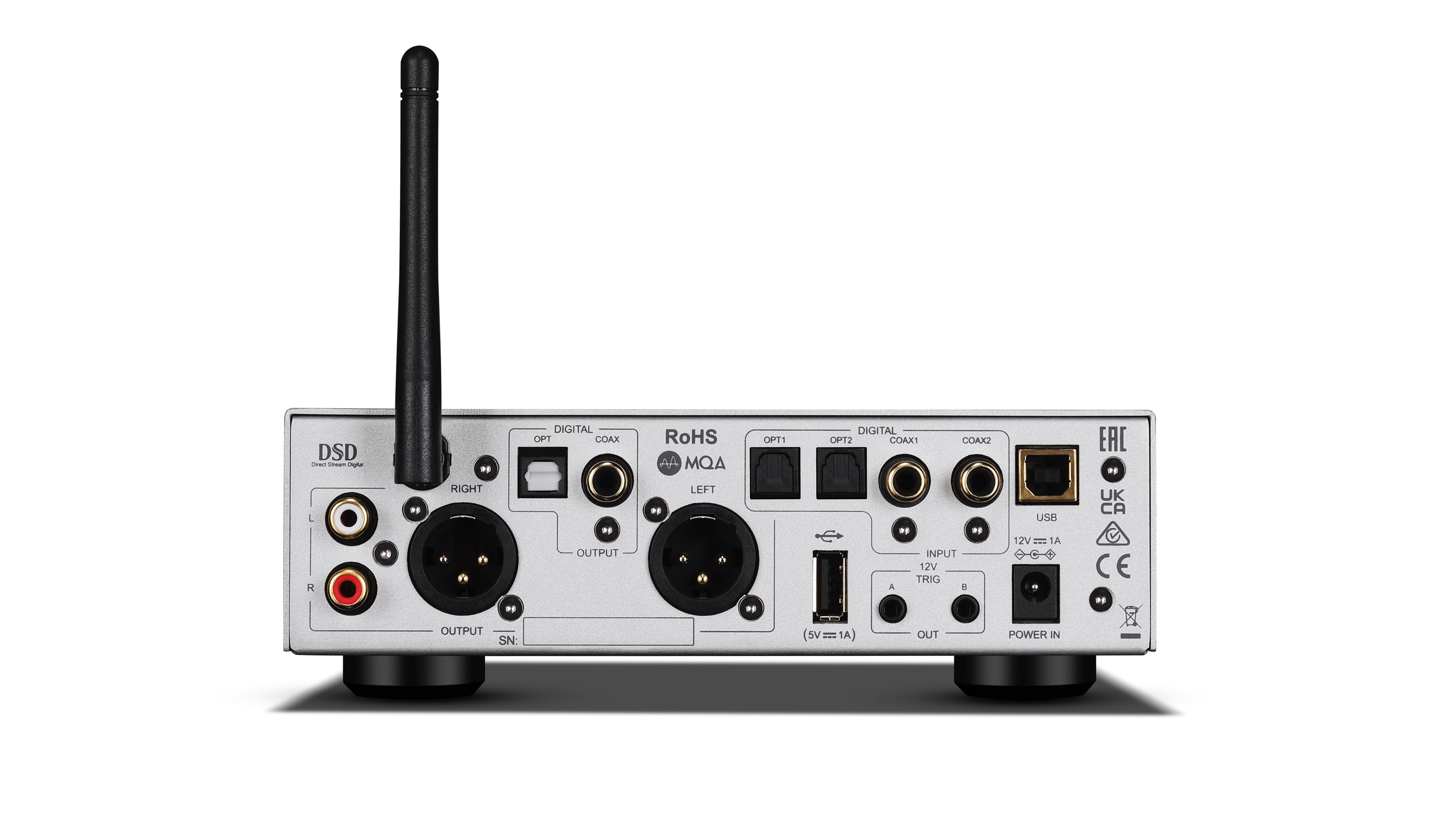
You can upsample digital audio data to 352.8kHz or 384kHz, and there are five DAC reconstruction filter settings so you can adjust the sound to suit the source material. Given the downright iffy quality of some digital files, that could be a very useful feature.
Outputs include analogue (balanced XLR and single-ended RCA) and digital (optical and coaxial). And there's a 6.35mm socket for plugging in wired headphones.
The D7 should fit seamlessly into your setup thanks to the option of fixed or variable modes with the analogue outputs. The fixed mode connects to integrated amplifiers and preamps with those partner devices controlling the volume, while the variable mode uses the D7's volume control through a power amp or powered speakers.
Of course, Audiolab is keen to stress the D7's sound quality, which we can't vouch for until we have tested it. But the physical layout of the device's circuitry should protect the audio signal from interference, accompanied by low-noise power supplies for all critical stages fed by an offboard PSU.
It certainly sounds like a lot of DAC for £449 / AU$999 (around $600).
D9: bigger, bolder, better
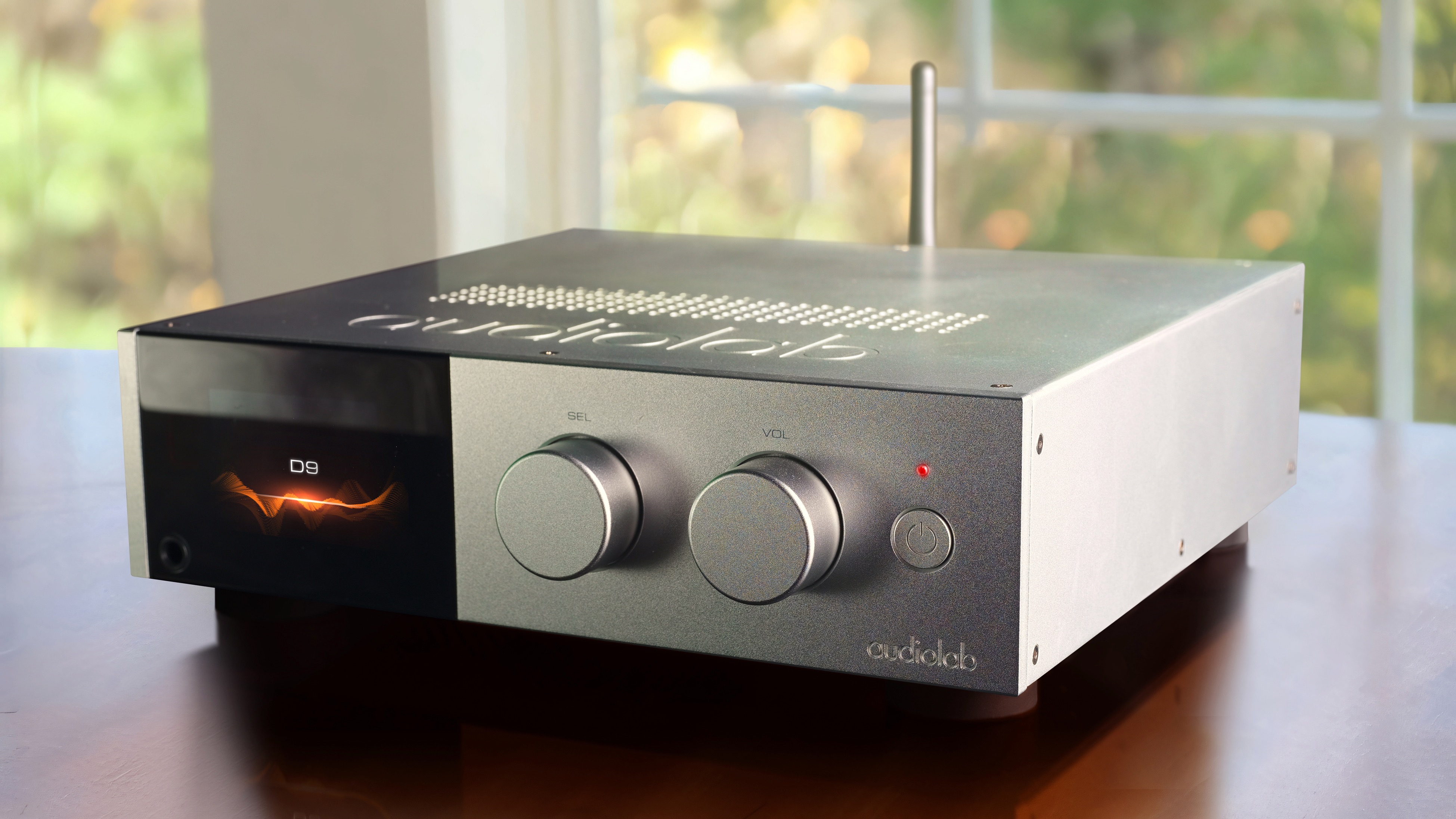
The Audiolab D9 has a lot in common with Audiolab's flagship 9000 Series hi-fi components, with a more premium build quality, features and sound performance than the D7.
It's very similar to the Award-winning Audiolab 9000N music streamer, but with Bluetooth in place of the network streaming functionality.
It is powered by ESS Technology's high-end ES9038PRO chip, which incorporates eight channels (up from the D7's two). Audiolab claims this further eliminates noise and distortion, and combined with its proprietary circuitry, master clock and Class A post-DAC filter, delivers "remarkable sonic clarity and breathtaking dynamics".
It has the same hi-res chops as the D7, playing all manner of formats, including FLAC, ALAC, AIFF, APE and WAV, as well as compressed legacy formats. It also shares other features of the D7, including MQA decoding, upsampling and Roon Tested certification.
Its circuitry is "significantly elevated", according to Audiolab, with its post-DAC analogue section including top-grade components and differential balanced architecture for a purer signal. There is also an ultra-low-noise toroidal transformer for consistent, clean power.
Audiolab has used its extensive experience working with ESS's chips to employ multiple discrete ultra-low-noise regulators to provide power separately to the left and right channels for each stage of the digital-to-analogue conversion process.
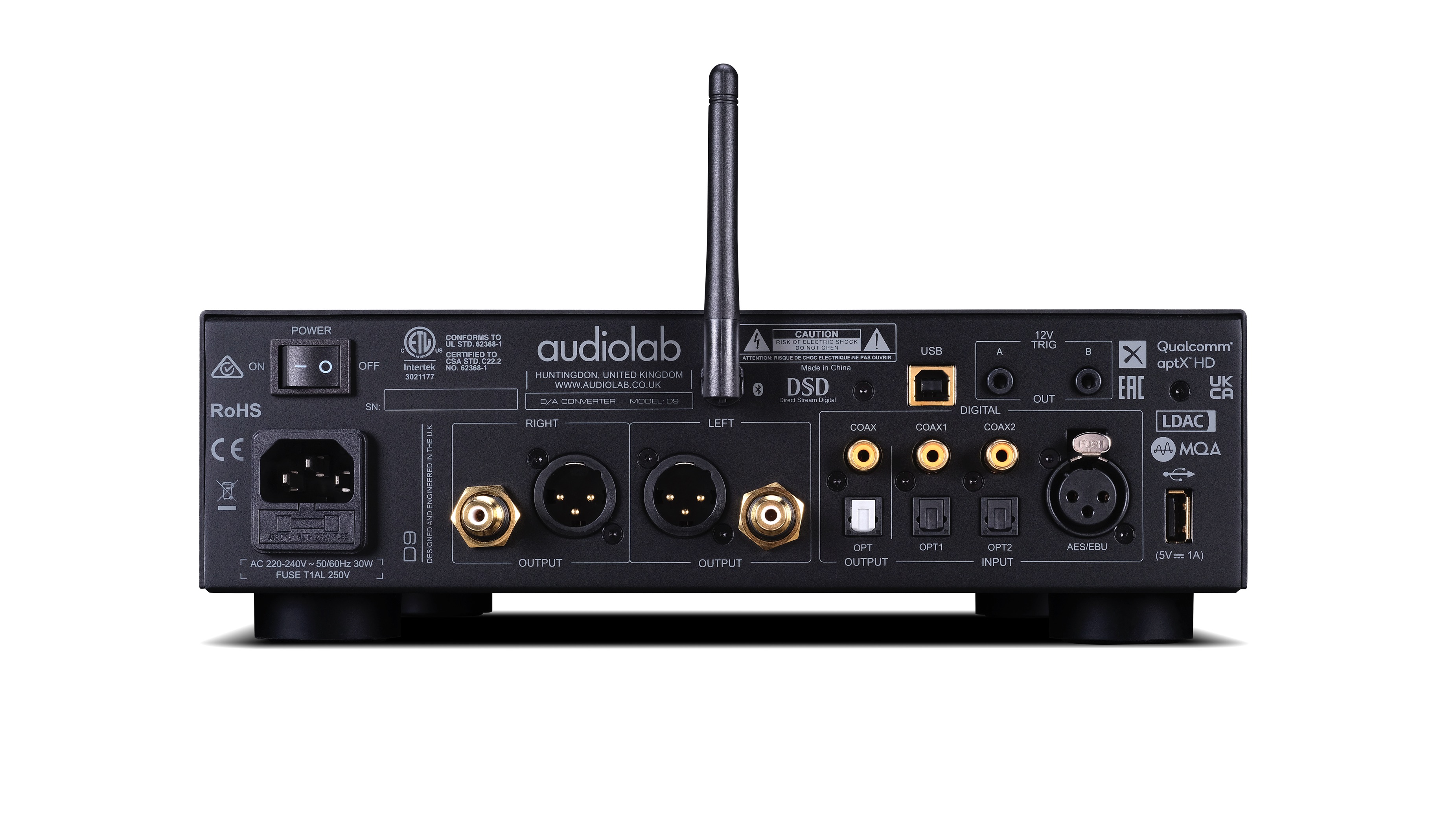
And it has the same connections as the D7, as well as an additional AES3/EBU digital input. Its Bluetooth also supports Sony's LDAC codec.
Inside is the same headphone-amplifier circuitry as in the D7, which Audiolab claims delivers a "spacious, detailed and dynamic performance" with even more challenging headphones, including both dynamic and planar.
The Audiolab D9 costs £1099 / AU$2299 (around $1460).
Both new DACs will be on show at High End Munich 2025 in a couple of weeks. Stay tuned for our reviews in due course.
MORE:
Read our Audiolab M-DAC review
And our Audiolab M-DAC+ review
Check out the best DACs around
Joe has been writing about tech for 20 years, first on staff at T3 magazine, then in a freelance capacity for Stuff, The Sunday Times Travel Magazine (now defunct), Men's Health, GQ, The Mirror, Trusted Reviews, TechRadar and many more. His specialities include all things mobile, headphones and speakers that he can't justifying spending money on.
You must confirm your public display name before commenting
Please logout and then login again, you will then be prompted to enter your display name.

